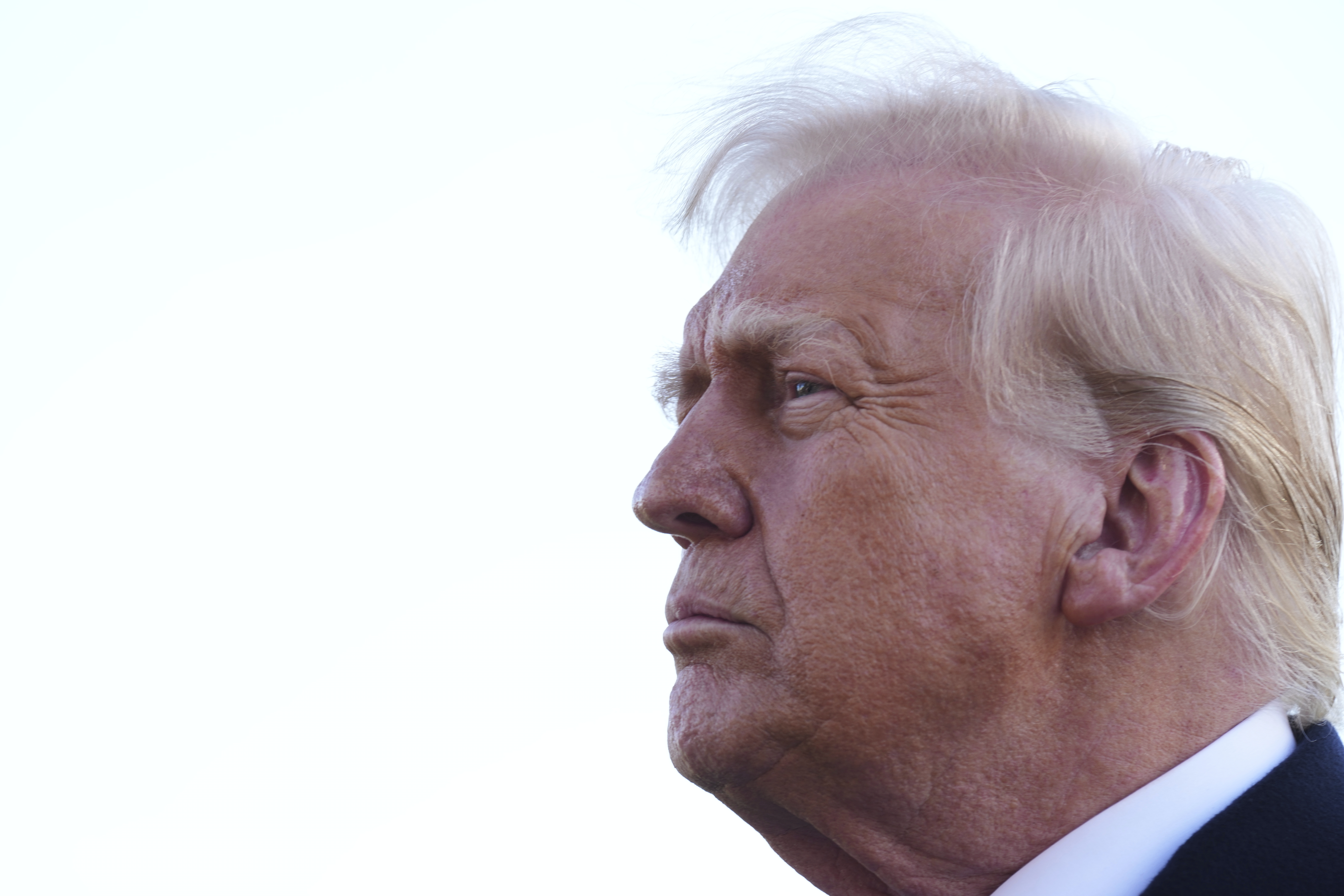US President Donald Trump has unveiled a sweeping new "Liberation Day" tariffs in a decision that is billed to escalate a devastating global trade war.
He announced plans for sweeping tariffs on Wednesday, saying "our country has been looted, pillaged, raped, plundered" by other nations.
Trump held up a chart while speaking, showing the United States would charge a 34 percent tax on imports from China, a 20 percent tax on imports from the European Union, 25 percent on South Korea, 24 percent on Japan, 32 percent on Taiwan, 29 percent on Pakistan and 10 percent on Türkiye.
"This is not full reciprocal," Trump said. "This is kind reciprocal."
"Taxpayers have been ripped off for more than 50 years," Trump said in remarks at the White House. "But it is not going to happen anymore."
"It’s our declaration of economic independence," Trump said in announcing the tariffs. "For years, hardworking American citizens were forced to sit on the sidelines as other nations got rich and powerful, much of it at our expense. But now it’s our turn to prosper."
"In many cases, the friend is worse than the foe in terms of trade," Trump said.
"We subsidise a lot of countries and keep them going and keep them in business," Trump said about trade partners, specifically Mexico and Canada. "Why are we doing this? I mean, at what point do we say you got to work for yourselves."
He said, "We are finally putting American first."
Trump also used his tariff speech to again champion the Gilded Age.
As he has repeatedly since starting his second term, Trump suggested that the US was at its wealthiest when it was a "tariff nation" between 1870 and 1913.
He added that "for reasons unknown to mankind," the US went to income tax in 1913.
Trump suggested that the 1930s’ Great Depression was fuelled by the US going to an income tax and away from tariffs.
Reaction
Key US trading partners including the European Union and Britain have said they will respond in kind to Trump's escalation.
The 78-year-old promised so-called reciprocal tariffs on friends and foes alike if they target the world's largest economy, saying the levies will stop the United States being "ripped off."
The Republican president said in his last public appearance on Monday that he would be "very kind" but gave little away.
Critics say US businesses and consumers could bear the burden if importers pass on the cost, adding that the policy could increase risks of a recession.
"If this trade war continues through Labor Day (on September 1), the US economy will likely suffer a recession this year," Mark Zandi, chief economist of Moody's Analytics, told the AFP news agency.
America's neighbours Mexico and Canada, whose economies are closely linked with the United States, are those that could suffer the most from a bruising trade war. Major economies have however vowed retribution.
The European Union will react to new Trump tariffs "before the end of April," said a French government spokeswoman.
The 27-nation bloc's initial salvo would counter US actions on steel and aluminum, followed by sector-by-sector measures.
British Prime Minister Keir Starmer, who has made intense but so far fruitless efforts to win a carve-out from Trump, said a "trade war is in nobody's interests." "We have prepared for all eventualities — and we will rule nothing out," he told parliament.

'Rebirth'
Ahead of Trump's announcement, Germany warned that trade wars hurt "both sides." Canada's Prime Minister Mark Carney said his country would be "very deliberate" in its response.
Sweeping auto tariffs of 25 percent are due to take effect April 3, after Trump earlier imposed duties on steel and aluminum imports and goods from China.
But Trump has wobbled on several other tariff announcements since returning to office in January, blinking at the last minute with allies such as Canada and Mexico.
The billionaire has had a long love affair with tariffs, insisting in the face of experts that they are a cure-all for America's trade imbalances and economic ills.
Trump insists the levies will bring a "rebirth" of America's hollowed-out manufacturing capacity, and says companies can avoid tariffs by moving to the United States.
The tariffs, meanwhile, underscore the growing and profound gulf between Trump's America and many of its closest allies, not only on trade but on security, defence and almost everything else.



















